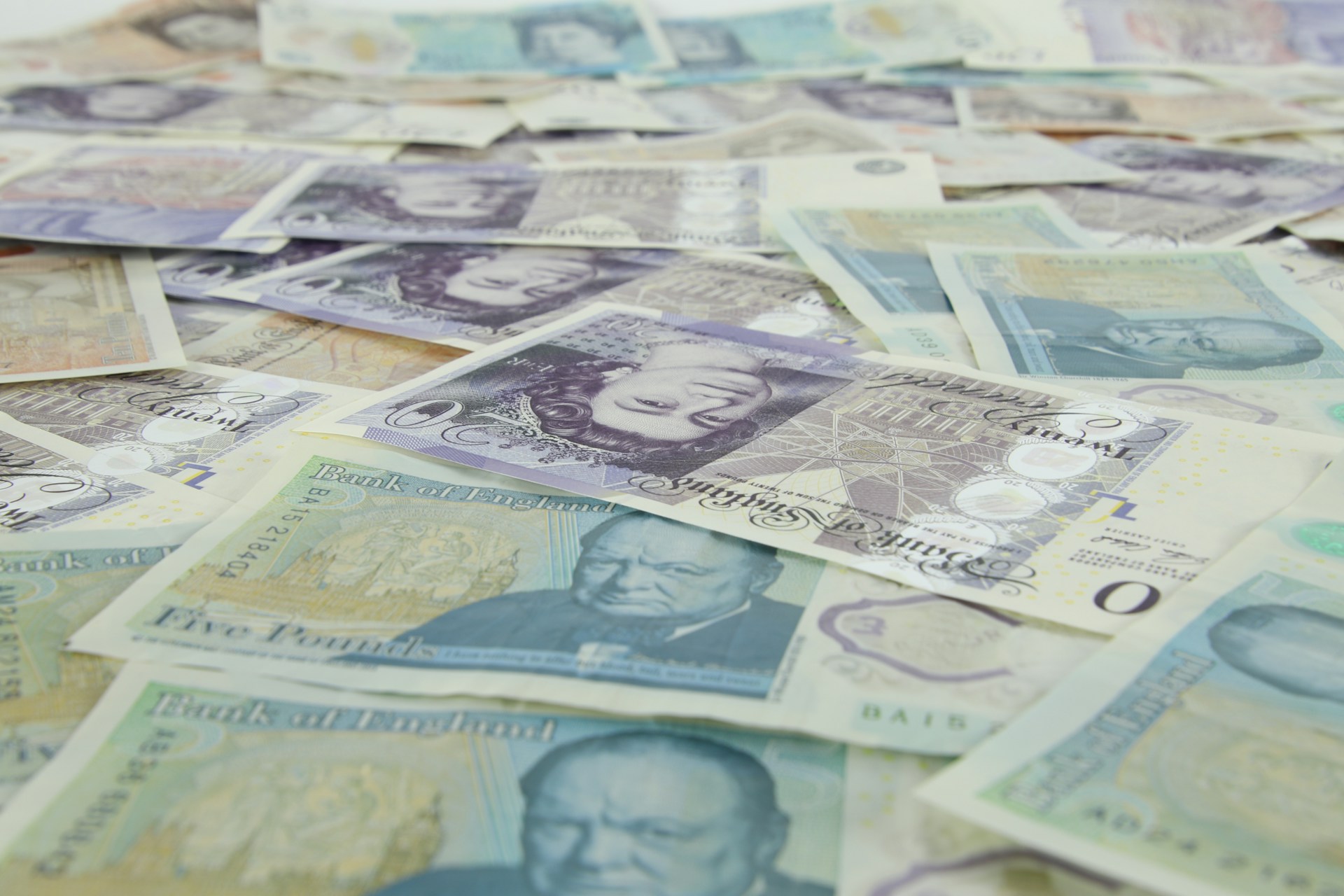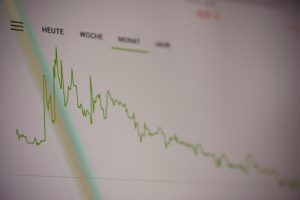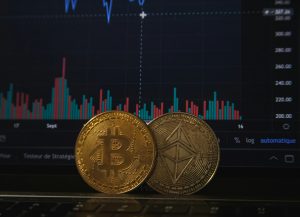
Bank of England to Maintain Interest Rates at 16-Year High Ahead of UK Election
The Bank of England (BoE) is expected to keep interest rates at a 16-year high of 5.25% on Thursday as inflationary pressures persist, providing a crucial boost to Prime Minister Rishi Sunak ahead of the July 4th election. BoE Governor Andrew Bailey had hinted at a possible rate cut earlier last month, expressing optimism about the direction of economic trends and mentioning that a rate reduction in June was an option, though not guaranteed.
Despite data showing that overall inflation in May fell back to the BoE’s 2% target for the first time in nearly three years—achieving this milestone faster than the US or the Eurozone—the mid-term outlook remains less encouraging. The inflation rate for services has not declined as much as the BoE had anticipated in its last meeting, dropping to only 5.7% instead of the expected 5.3%, and wage growth in the private sector remains almost double the rate the BoE considers compatible with 2% inflation.
Last month, the central bank projected that inflation would rise to about 2.6% by the end of the year as the effects of recent reductions in regulated household energy bills wane. None of the 65 economists surveyed by Reuters last week expected the BoE to follow the European Central Bank’s lead in cutting rates this month, with the next announcement on August 1st seen as the most likely starting point for an easing cycle.
A repeat of the 7:2 vote from May is anticipated, where Deputy Governor Dave Ramsden and Monetary Policy Committee external member Swati Dhingra voted for a quarter-point cut. “We believe the Bank of England needs to see more reassuring data, either in the form of a more decisive moderation of the consumer price index for services or if all other signals point towards a softer direction,” said Victoria Clarke, chief UK economist at Santander.
While unemployment has reached a two-and-a-half-year high of 4.4%, economic growth this year has been relatively strong compared to recent weak UK standards. Financial markets remain skeptical about an August rate cut, estimating a 30% probability on Wednesday, with a more likely initial step in September and the risk of a delay until November, similar to expectations for the US Federal Reserve.
Regardless, a rate cut might come too late for Sunak, whose Conservative Party trails the opposition Labour Party by around 20 points in polls ahead of the election. While Sunak credits the drop in inflation since he took office in October 2022—when it hit a 41-year high of 11.1%—the Labour Party blames high mortgage rates on the economic mismanagement of former Conservative leader Liz Truss.
As the election campaign begins, the BoE has imposed a self-imposed silence period, canceling public events. Previously, BoE Chief Economist Huw Pill described an excessive focus on a June rate cut as “unwise,” but both he and Deputy Governor Ben Broadbent—who steps down at the end of this month—have stated that a summer rate cut remains possible.
The BoE began raising rates in December 2021, ahead of other major central banks, reaching their current peak in August 2023.

















